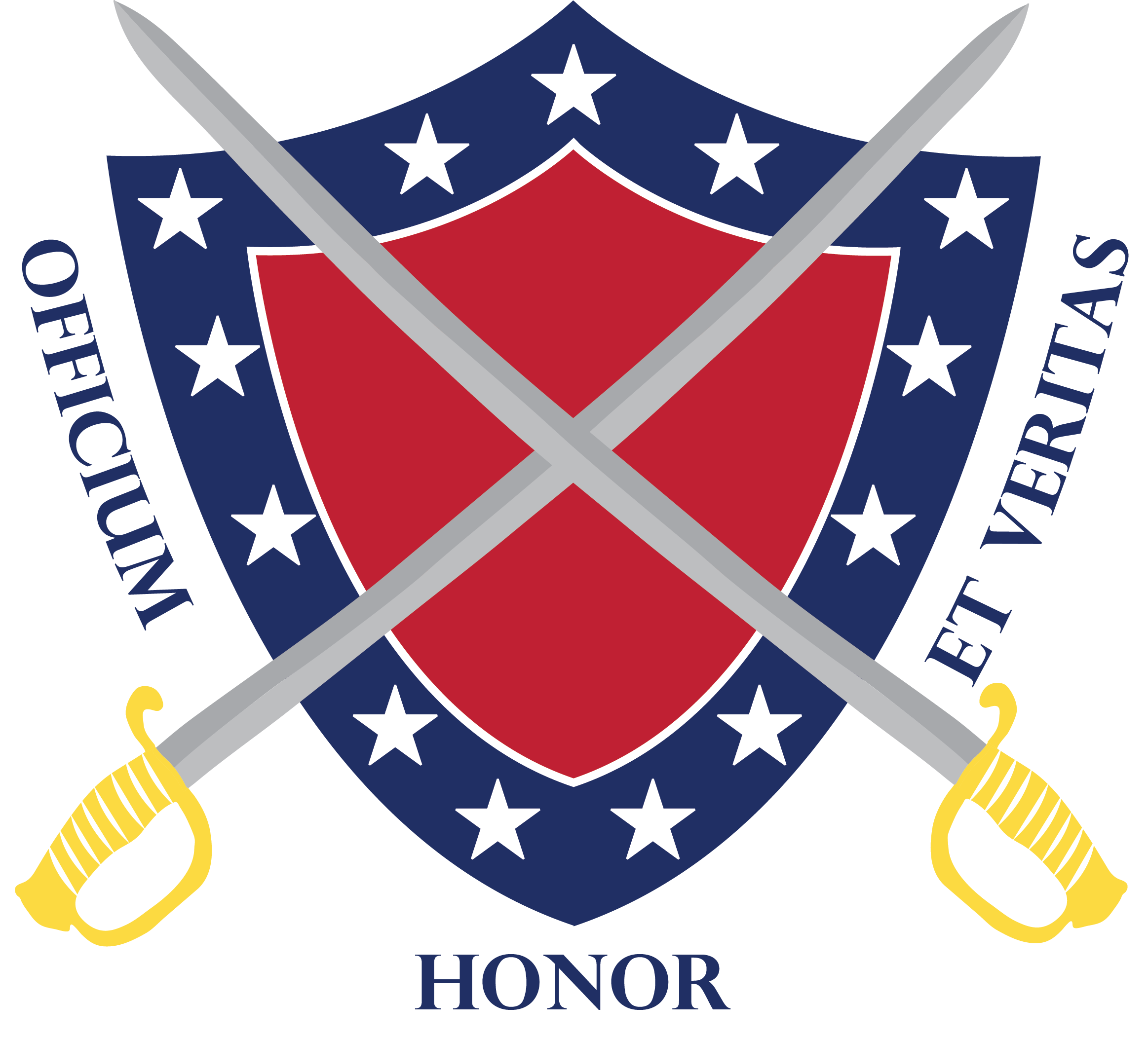
Was (Is) Public Education Subversive?
In his book The Nature of the American System the late Rev. R. J. Rushdoony observed, way back in 1965, that: “The ‘public school’ movement, or statist education, did not exist until the 1830s. Statist education began as a subversive movement, and its bitter, savage struggle has not yet been written.
Revised History – Was (Is) Public Education Subversive? PDF
In his book The Nature of the American System the late Rev. R. J. Rushdoony observed, way back in 1965, that: “The ‘public school’ movement, or statist education, did not exist until the 1830s. Statist education began as a subversive movement, and its bitter, savage struggle has not yet been written. The essentials of the drive which produced statist education are clearly seen in Horace Mann (1796-1859), the ‘Father of the Common Schools.’ First and foremost, Mann was a Unitarian. New England Unitarianism was in the forefront of the battle for statist education. For Mann, Unitarianism was the true Christianity, and, with humorless zeal, he fought for his holy faith.”
So, for Mann, the promotion of statist education was an integral tenet of his Unitarian faith–a faith that denied the deity of the Lord Jesus Christ and His death for believers to atone for their sins. Rev. Rushdoony quite accurately pinned down Mann’s desire for statist education (public schools). For Mann, the only real “Christianity” was his Unitarian brand. Mann’s original theological background when growing up was Calvinism, but Mann felt that Calvinism was way too harsh, and so he abandoned it and wrote his own creed as to what constituted “Christian” behavior. Therefore, Mann’s new “faith” constituted itself an apostate faith, even though the term “Christian” was used with it.
Rushdoony continued: “In view of the very extensive Unitarian movement, it is not surprising that its members and friends saw the old Christian school as backward and incapable of dealing with the basic issues oof the times. True education must be concerned with liberty, and the order of man’s liberty was the state. This Horace Mann affirmed fervently. The responsibility of the church was libertarian rather than Salvationist, and freedom was institutional, i.e., statist in nature. Mann labored, therefore, to free the schools from their basically Christian and independent nature to give them true direction, as he saw it, in terms of the state. His hostility against the Calvinism and against the free schools of the day was thus bitter and intense. Education, to fulfil its calling, had to be statist. State schools would, he believed, render most sin, crime, poverty, ignorance, and prisons obsolete in a century.”
So, the obvious question here is, how has Mann’s vision of the messianic public school system worked out for us in the last 150 plus years? I hope the liberals and socialists don’t all rush to answer at once. Anyone with a brain realizes it hasn’t worked out. In fact, it has been one of the biggest abysmal failures in our history. But we are not supposed to notice that. We are supposed to pretend it didn’t happen. Problem is, with the gigantic failure of public education in our day (and before) it’s getting harder and harder to pretend it didn’t happen. And maybe that’s because it still is happening–daily.
What Mann was doing was taking the prerogatives of the church and reassigning them to the public school system. This was most certainly a theological exercise for Mann, who, although he was not a socialist in the strict sense, believed much of their dogma. Rushdoony noted that Mann’s acceptance of state power committed him to a “socialized order.” And the first and most basic part of this new order was the school. So, in Mann’s Unitarian worldview, American education had to be converted into an instrument of the state–and this is one of the most important steps into socialism that any society can take.
